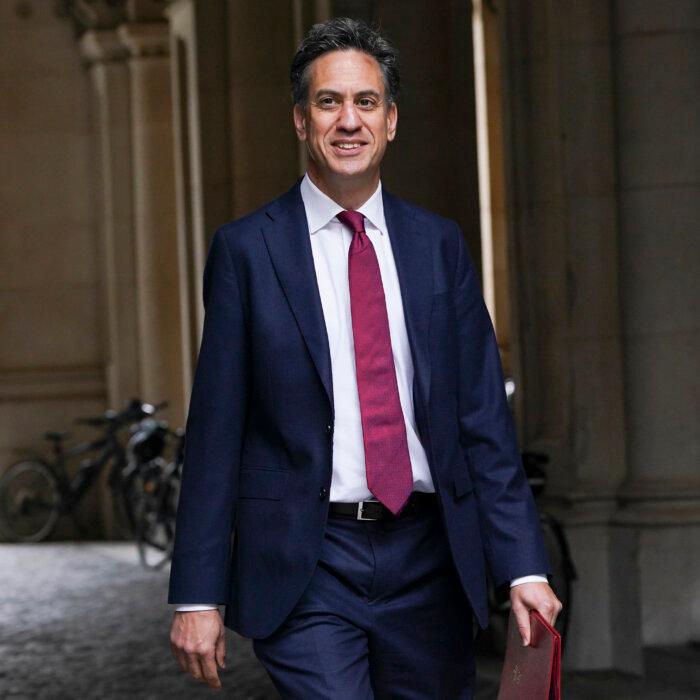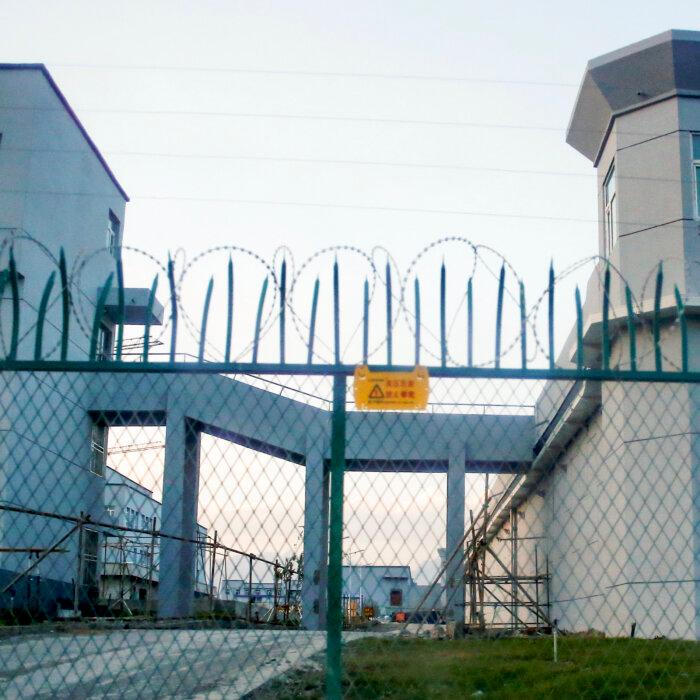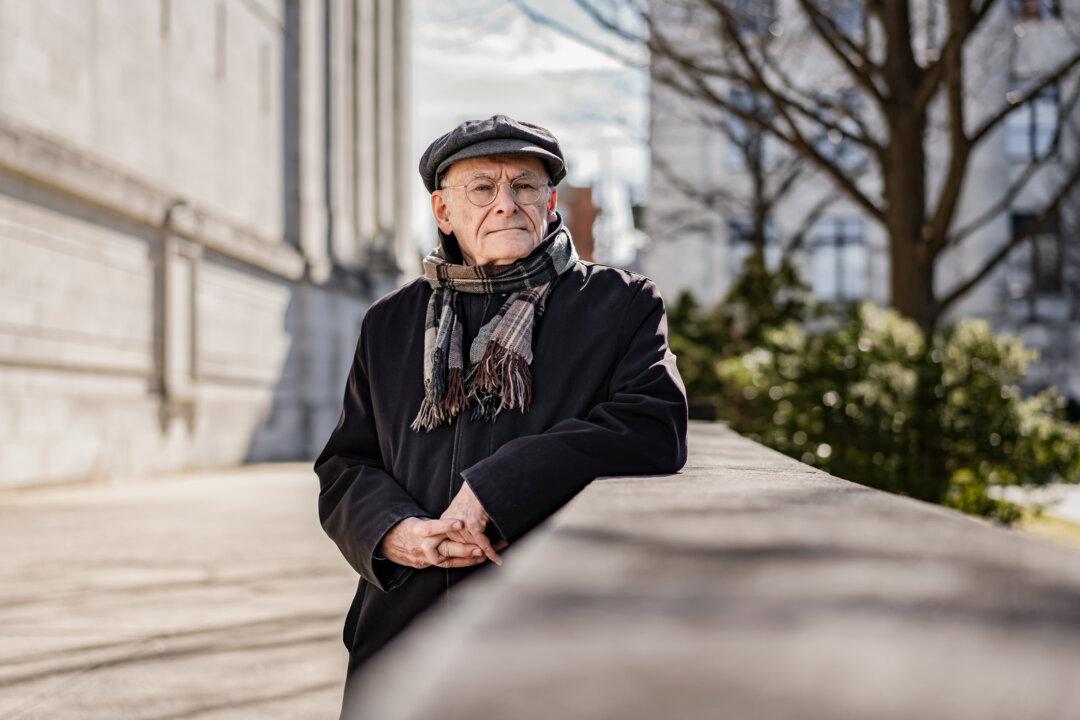A filmmaker reveals he was followed in the middle of a snowstorm while shooting a documentary on a human rights genocide in China, which has been garnering widespread acclaim and sparking thought-provoking discussion.
“We were followed by a car with an unmarked license plate, and our host in Kazakhstan was quite nervous about it,” director and producer David Novack told The Epoch Times.
“It was in a snowstorm at night. Eventually, we put our cameras on that car. That car saw that we were filming them, and it left. The power of the camera, right?”
The U.S. government was the first to declare this genocide in January 2021.
Interestingly, Mr. Novack discovered that his documentary was banned one-and-a-half years before it was completed.
“We found out through a document that our film was officially banned in China, but it was officially banned a year and a half before we finished it,” Mr. Novack said.
“So clearly, someone within the CCP was aware of our film, that we were making this film, and knew the title.”
The team faced obstacles in distributing the film as well. “I couldn’t possibly sell this film to Netflix. Netflix is broadcasting or streaming in China. Any entity that’s doing business in China is not going to show this film,” he said.
The most pervasive challenge was self-censorship, which he called “dangerous.”
“For instance, many of the major film festivals would hesitate to show this film because they also bring in very interesting Chinese filmmakers to their film festivals. They want to, and they should, right? That kind of artistic interaction is a good thing,” he said.
“But if they were to show our film, they might face the Chinese Communist Party boycotting their festival; not allowing Chinese filmmakers and critics to go.
“In some cases, Chinese embassies abroad contribute to film festivals and would pull their money out.”
Mr. Novack pointed out the irony of being unable to criticise the CCP freely despite being in a free world.
“In the West, we live in a free world where there’s no ramifications. I can make a film that’s critical of the U.S. government, but nothing will happen to me. In fact, the State Department sent me around the world to show that film,” he said
Foreign Policy Complexities May Limit Action on CCP
While Australian Labor MP Tony Zappia stressed the importance of imposing sanctions on China to address the Uyghur issue, he acknowledged the complexity of foreign policy.“Federally, I think it’s similar to America. I think there are a couple of things that we can and should do,” Mr. Zappia told the audience.
“I think we should strengthen the forced or slave labour laws that we have in this country, and we should also look at sanctions where necessary. And those sorts of things can be done.
“But I have to make this point very, very clear. Foreign policy is always complex, and that’s not simply an excuse for governments not to do anything.”
He said there were consequences for every action.
‘Freedom Will Not Die’
Abduweli Ayup, a prominent Uyghur activist featured in All Static and Noise, emphasised the importance of awakening the Chinese people.“It’s a Chinese proverb that people are the sea and the government is the boat,” he told The Epoch Times.
He believes that the oppression faced by Chinese people, including during the COVID-19 pandemic, will eventually lead them to wake up, as seen in the White Paper movement.
“Hong Kong, Uyghur, Tibetan, and Falun Gong—all of us are under pressure at the same time. This oppression will make us united, brave, and strong,” he added.
Born in Xinjiang, China, Mr. Ayup founded Uyghur-language schools and was imprisoned for his activism and criticism of CCP policies.
After seeking asylum in Norway, he continues to raise awareness about the Uyghur persecution and promote human rights.
“We will win in the end because nothing will be forever. Xi Jinping will not live forever,” he said.
“During the Cultural Revolution, people always [say], ‘Long live Mao Zedong, ten thousand years for Mao Zedong,’ but he died at 76. Xi Jinping will die, but people will not die. Freedom will not die.”







